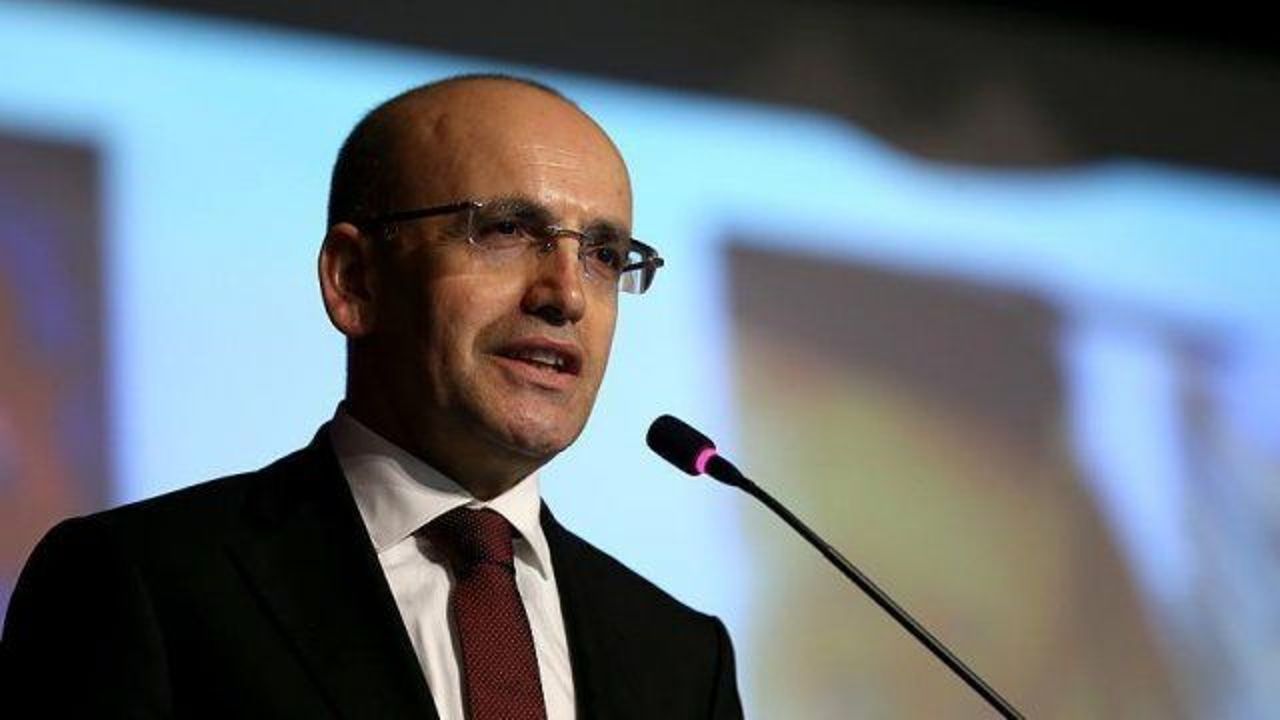Turkey notes protectionist policies hurt global economy
Protectionist policies prevent global growth, Deputy Prime Minister Mehmet Simsek said Friday.

Speaking at the 21st World Investment Conference in Istanbul Friday, Simsek said all countries should make more investments because the global economy was far from being strong and sustainable.
"We should be optimistic about the future, and avoid protectionist policies which prevents global economic growth. There is a need for at least 6 or 7 percent advance in global trade," he said.
He said short-term fluctuations were not important. "We say to investors, 'do not let short-term or daily fluctuations frighten you.' They should look at the fundamentals, demographic structure, reform process," Simsek said.
"We can manage the daily issues. Beyond these temporary issues, emerging markets will await investment opportunities," he added.
About the period following the July 15 defeated coup in Turkey, the deputy premier said the Turkish government had prepared an enormous reform package to increase civilian control and prevent such attacks against the country’s democracy. "Turkey is on its way towards the light. Despite such incidents, Turkey keeps going ahead with the EU membership process, no matter how long it takes. Of course, the Turkish people and European citizens will give their final decision [about it]," Simsek added.
Collaboration is key to economy
Meanwhile, Arda Ermut, president of the Investment Support and Promotion Agency of Turkey (ISPAT) and head of World Association of Investment Promotion Agencies (WAIPA), highlighted the importance of collaboration to prevent the decline of global economy.
"WAIPA is supporting the capital investments needed in the developing countries. We want to establish an investment market, which should also be open to developing countries," Ermut said.
He said WAIPA was working with international institutions and investors. “Our target is to direct foreign investment flows into the developing countries," he said.
‘Turkey, an indispensable country’
Celestin Monga, vice president at the African Development Bank (AfDB), said: "Turkey is an indispensable country in today's world.
"We are observing Turkey and the issues in this part of the world. As a Cameroonian citizen, I hail the great honor, power, and elegance of this great nation," Monga said.
He said the world economy had adapted to slow growth following the 2008 global financial crisis, adding the situation was a “misfortune”.
"The reason why it is a misfortune is that the vulnerability of the world economy is sourced from poor policies followed globally, and insufficient economic and political courage in some parts of the world," he said.
James Zhan, an investment and enterprise director at the United Nations Conference on Trade and Development, noted that global Foreign Direct Investment (FDI) was 10 percent lower compared to the pre-2008 global financial crisis period.
Zhan said the low level of foreign direct investment was not only a problem of investment but also a drawback in terms of employment and trade. "Even the 2018 expectations of $1.8 trillion FDI will be lower than the amount in 2007."
About the requirement to increase the aggregate demand globally, Zhan said: "Societies have expectations for high-class investments. Without investment support, sustainable development targets cannot be achieved."
Anadolu Agency







